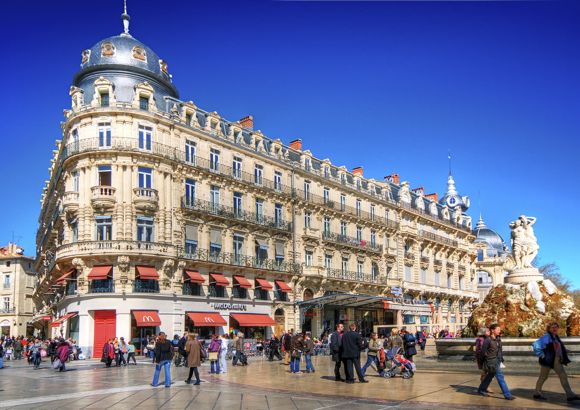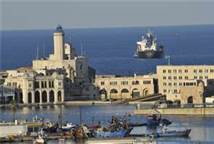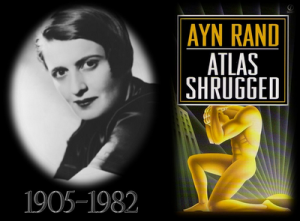He was seven years older than I, so I knew him my whole life. I never remember his showing the slightest bit of jealousy for my coming along and knocking him out of his position of only child.
We did fight in my youngest days, I the bratty kid sister who followed him around. Once I threw something at him, and he had the good sense to duck behind his bedroom door. I believe the dent remains in the door to this day where my missile hit it.
We were together in the same school only one year, when he was in the eighth grade and I in the first. The winter was especially frigid that year. One particularly cold day, we first graders were allowed to take our small chairs and gather in the front of the warmer eighth grade room. My nose was running, and I had no handkerchief. I saw my brother go to his teacher and say something. Then he brought me a tissue.
Our father died when I was thirteen and my brother in college. As we grew older we became friends, kindred souls, if you will. We could meet after months, even years apart, and begin talking immediately about things that were important to us.
We married and had children who became friends. He and his wife Nancy saw me through a divorce. They accepted my wanderlust that took me to accept work in the Middle East, even as a war began there. They welcomed my remarriage. Our mother died, then his beloved Nancy. He continued working. He taught a Bible study class in our childhood church.
This past Monday afternoon, I called to check on him. He sounded good, said he had slept well the night before. Despite the brutal cold in Nashville, he had gone in to work to keep a business appointment that morning. He was enjoying laying back in his easy chair in the living room, he said, keeping warm. We said we loved each other, the way we always ended our telephone conversations.
A friend came to check the next day when he didn’t answer the phone. He had died in the night, peacefully it seems, still sitting in the easy chair.
Thank You, Lord, for my big brother. May I be as much of a blessing to others as he was to me. For the first time in this life, I will be without him.



 Years later on an afternoon in Marseille, France, my husband and I searched for a place to eat. We had arrived in the French coastal city to spend one night before heading out early the next day on a ferry. It would take us across the Mediterranean to the historic city of Algiers.
Years later on an afternoon in Marseille, France, my husband and I searched for a place to eat. We had arrived in the French coastal city to spend one night before heading out early the next day on a ferry. It would take us across the Mediterranean to the historic city of Algiers. Yes, in a couple of days we would climb the hill out of Algiers’ Casbah and follow the narrow streets into an uncertain future in that troubled land. But for the moment, the music calmed my anxieties and prepared me to cope with what lay ahead.
Yes, in a couple of days we would climb the hill out of Algiers’ Casbah and follow the narrow streets into an uncertain future in that troubled land. But for the moment, the music calmed my anxieties and prepared me to cope with what lay ahead. Ayn Rand was born in Russia and witnessed the horror of the communist takeover there. America became her ideal, and she immigrated to the United States as a young woman. She believed in unfettered capitalism, a complete separation of economics and state.
Ayn Rand was born in Russia and witnessed the horror of the communist takeover there. America became her ideal, and she immigrated to the United States as a young woman. She believed in unfettered capitalism, a complete separation of economics and state. The Internet is a bottomless pit that is the best illustration I know of insatiability. You can literally spend all day on it. But if you do, nothing else gets done.
The Internet is a bottomless pit that is the best illustration I know of insatiability. You can literally spend all day on it. But if you do, nothing else gets done.